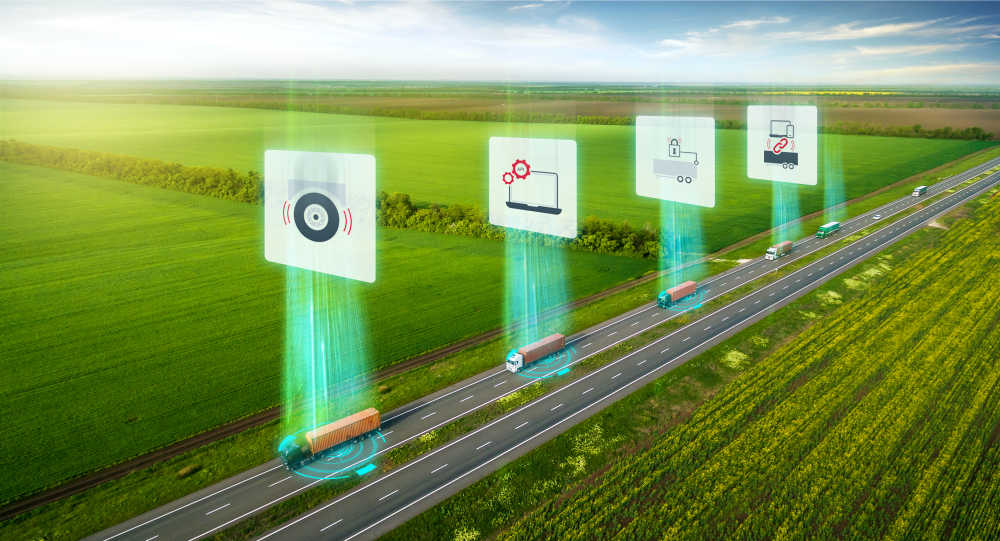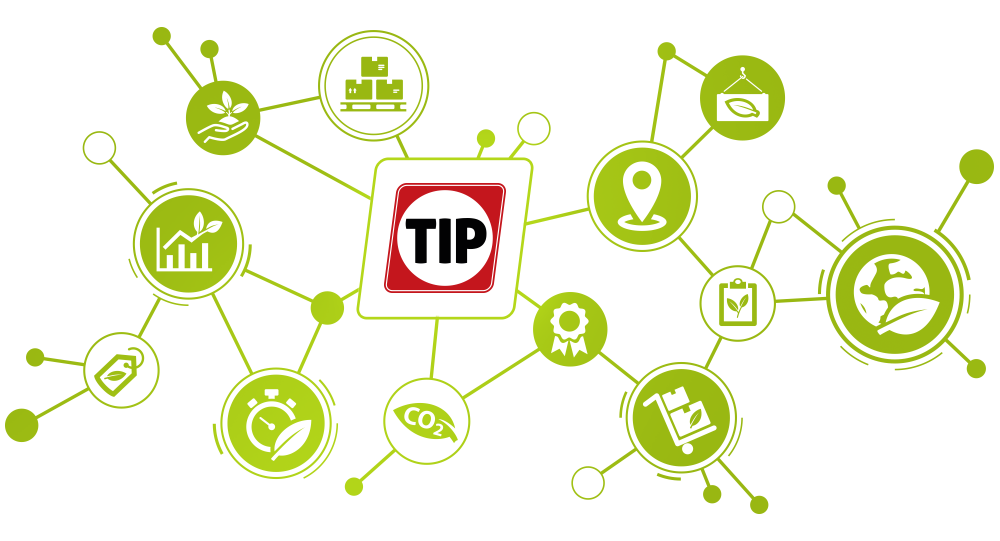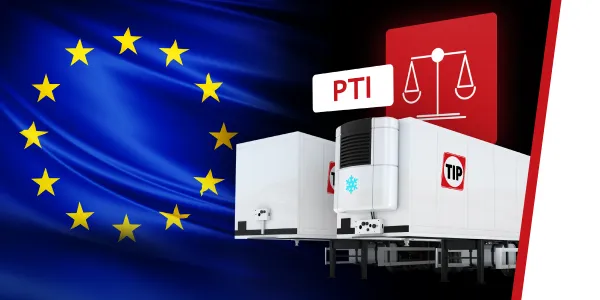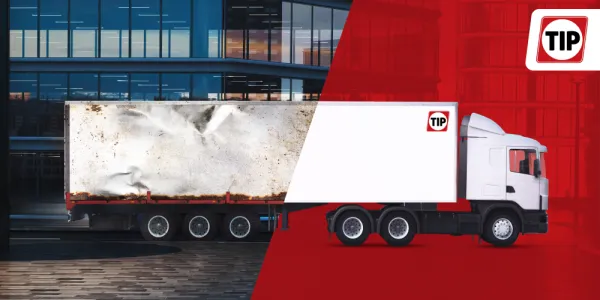Telematics for greater trailer fleet sustainability

Using telematics on your trailer fleet can help reduce its carbon footprint and enhance sustainability when it comes to the environment.
Future regulatory pressures
The United Nations’ sponsored Paris Agreement presented a global framework to combat climate change by limiting global warming to substantially below 2°C and ideally 1.5°C. As part of its adherence to the Paris Agreement, the European Union (EU) established EU-wide CO2 emission standards for heavy-duty vehicles in 2019. This sets targets for reducing the average emissions from new lorries by 15% by 2025 and 25% by 2030. In addition to substantial oil and CO2 emissions savings, the EU expects ‘savings at the pump’ of up to about €25,000 in the first 5 years of use for a new lorry bought in 2025 and up to around €55,000 in the first 5 years of use for one purchased in 2030. This will be reviewed in 2022. (source: European Union)
Telematics for sustainability
Telematics is a powerful tool for fleet managers looking to enhance the sustainability of their fleet.
Telematics technology can track a whole range of data in real time. This data includes the performance of the driver, his vehicle and its mechanical components for preventative maintenance, the location of the vehicle and its contents and the most effective routes for delivery. Data generated by telematics systems can be integrated with other data to create load and delivery information. As well as delivering increased efficiency and decreasing trailer fleet operating costs, telematics technology can contribute to enhanced sustainability by reducing fleet energy consumption, carbon emissions and footprint.

Environmental benefits
There are several significant environmental benefits which telematics can provide, many of which lead directly or indirectly to fuel savings. A trailer fleet manager can deploy telematics for improved environmental performance in multiple ways:
- Tyres
Tyres are a significant factor in fuel consumption and emissions. Incorrectly inflated tyres can contribute to poor fuel consumption. Your telematics system, through its Tyre Pressure Monitoring System (TPMS), tells you if your tyres are inflated to the right pressures for your loads and when your tyres need replacing. Under-inflated tyres consume more fuel and wear out their tread more swiftly, thereby negatively affecting their rolling resistance. They will be less sustainable to run and need replacing earlier and at a greater cost than tyres which have been well looked after. Kate Norton of Goodyear Tyres told Commercial Vehicle Engineer that “The rolling resistance of a truck’s tyres contributes between 20-35% to its fuel consumption and greenhouse gas emissions.” (source: Commercial Vehicle Engineer)
- Route planning
Telematics systems monitor live traffic to help fleet managers and drivers find the quickest and most fuel-efficient delivery routes. Telematics generates useful data and insights to help with long term decision-making for the optimum planning of deliveries, route selection and integration of multimodal transport into the delivery chain.
With climate change, the weather is increasingly challenging to predict. FleetOwner magazine reports that detailed weather forecasting and data services can also be retrieved through telematics. This enables fleet operators and drivers to receive information about weather conditions and help them find alternative routes if needed. This reduces delays and trailer downtime, avoids reputational damage from late deliveries and reduces fuel costs, thereby benefitting the environment.
- Load optimisation
Some telematics systems can feed trailer fleet managers data in real-time to enable them to identify opportunities to deliver more freight with fewer journeys. For example, this might be to connect with online freight exchange platforms and find a contract to fill an empty trailer on a return journey from a delivery drop-off.
Linking the telematics information to fleet management systems can also generate management reports and help with driver and trailer allocation and scheduling.

Producing sustainable results
There is increasing evidence showing that telematics brings greater trailer fleet sustainability. For example, a telematics vendor AddSecure recently conducted research into CO2 emissions with an EcoDriveChallenge, analysing data from 11k drivers from 72 European companies which have 7,200 commercial vehicles equipped with telematics. The results of the EcoDriveChallenge show that the participating companies reduced their total fuel consumption by 6.3 million litres of diesel during the year, a saving of about Euros 6.9 million and a reduction in CO2 emissions of 16,700 tonnes.
Team up with TIP for trailer telematics and greater sustainability
TIP Trailer Services is a leading provider of trailer leasing, rental, maintenance and repair to customers in transport and logistics companies in Europe and Canada. TIP has the expertise and experience to advise on the best ways to introduce telematics for trailers and trucks and make them as sustainable as possible.
TIP trailer telematics advantage
When you rent or lease a trailer from TIP, you can benefit from telematics and digital fleet management services. Capabilities include track and trace, remote trailer health and diagnostics functionalities, safety features such as tyre pressure monitoring and cold chain management that support leaner, greener and safer fleet operations.
For more information on how your fleet can benefit from trailer telematics and achieve greater sustainability, please contact visit www.tipeurope.co.uk/fleet-services/tip-insight.






